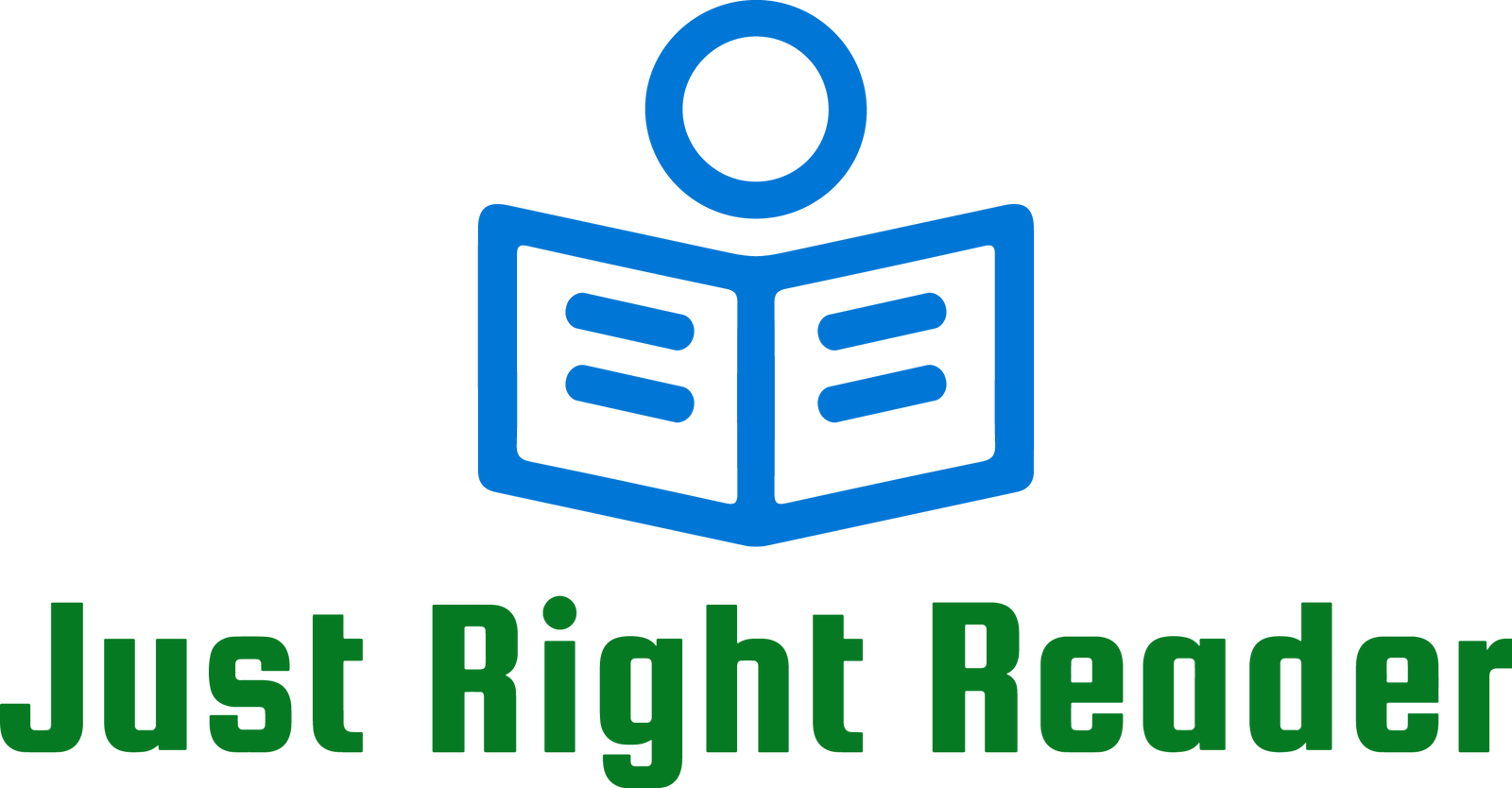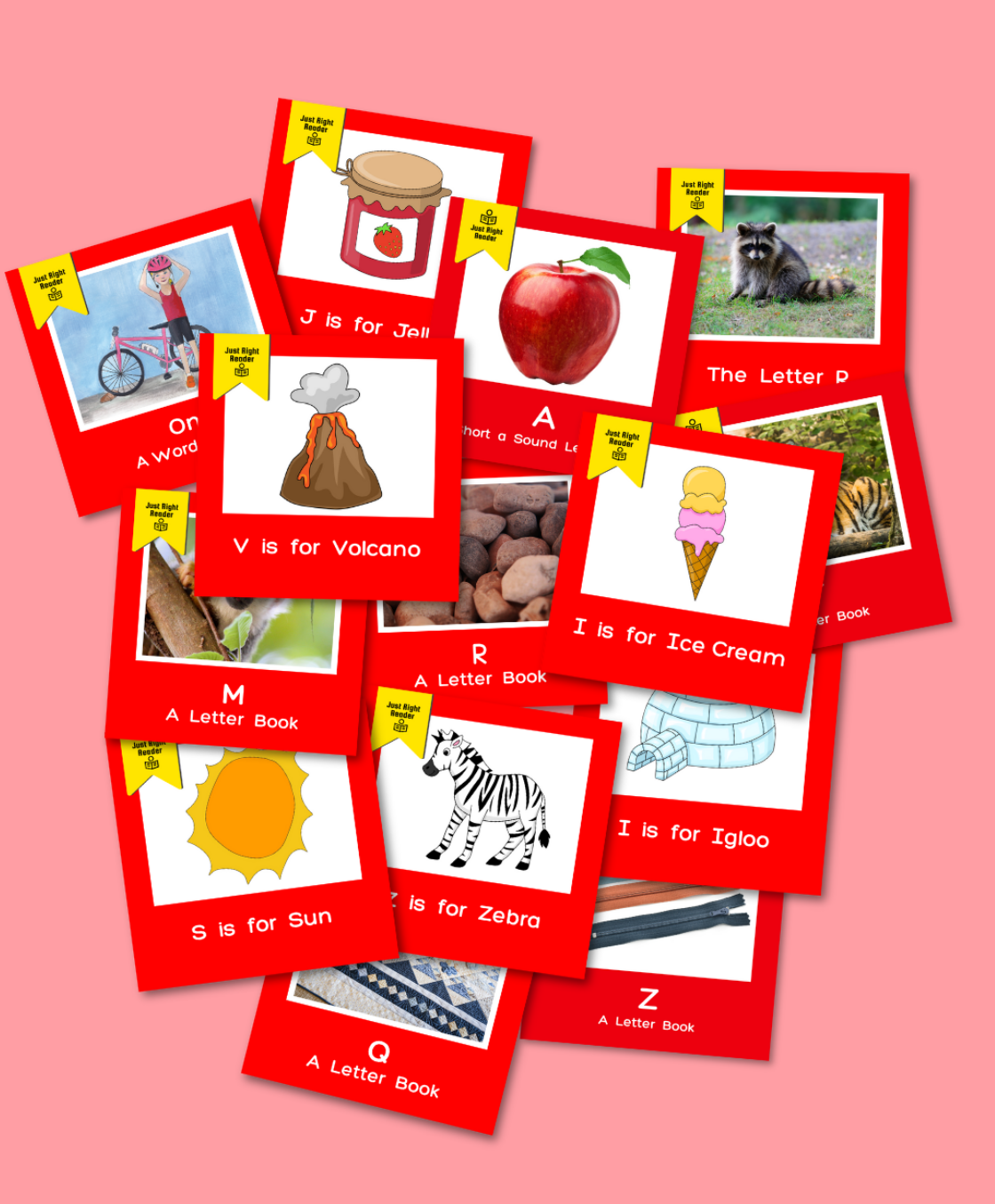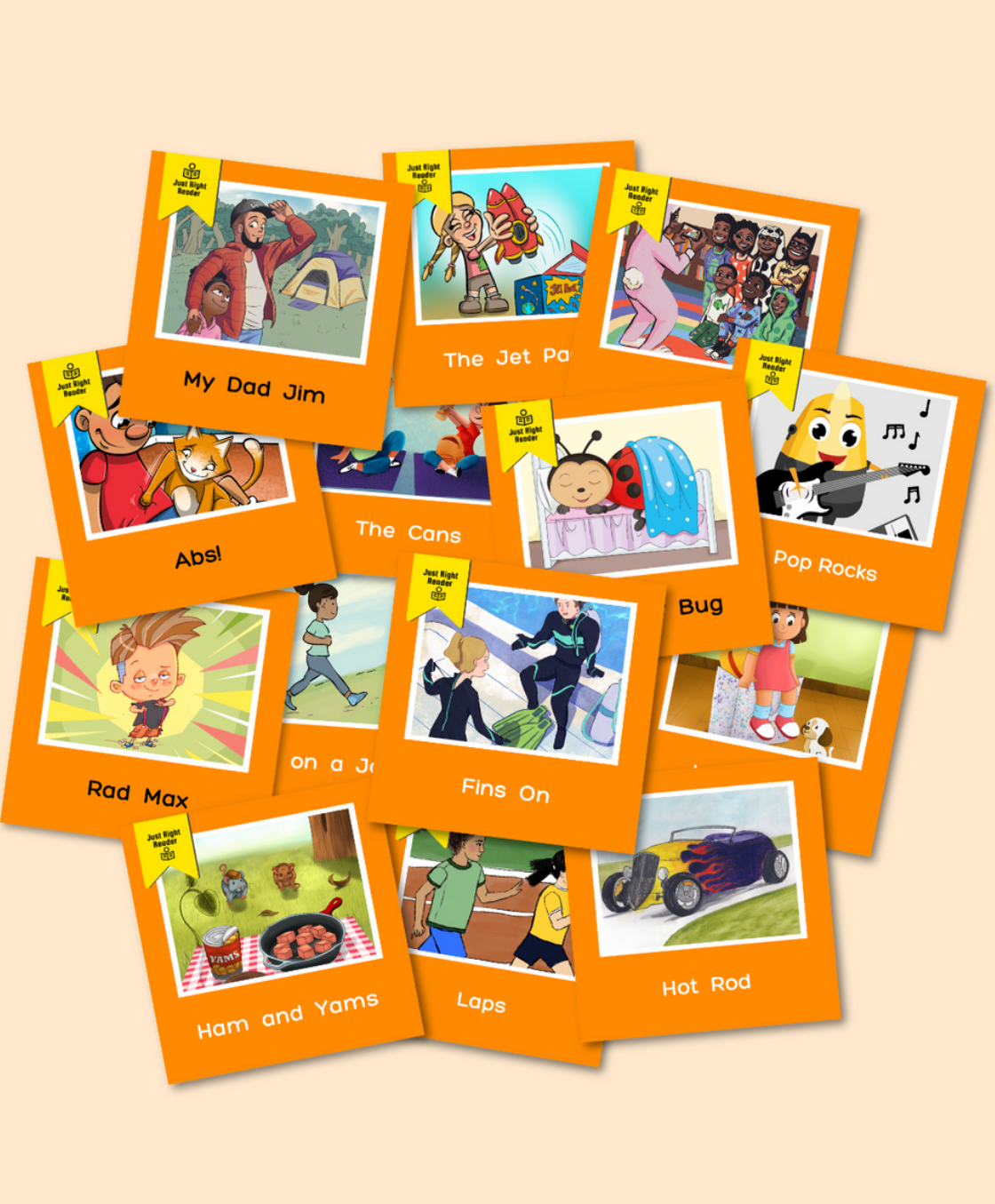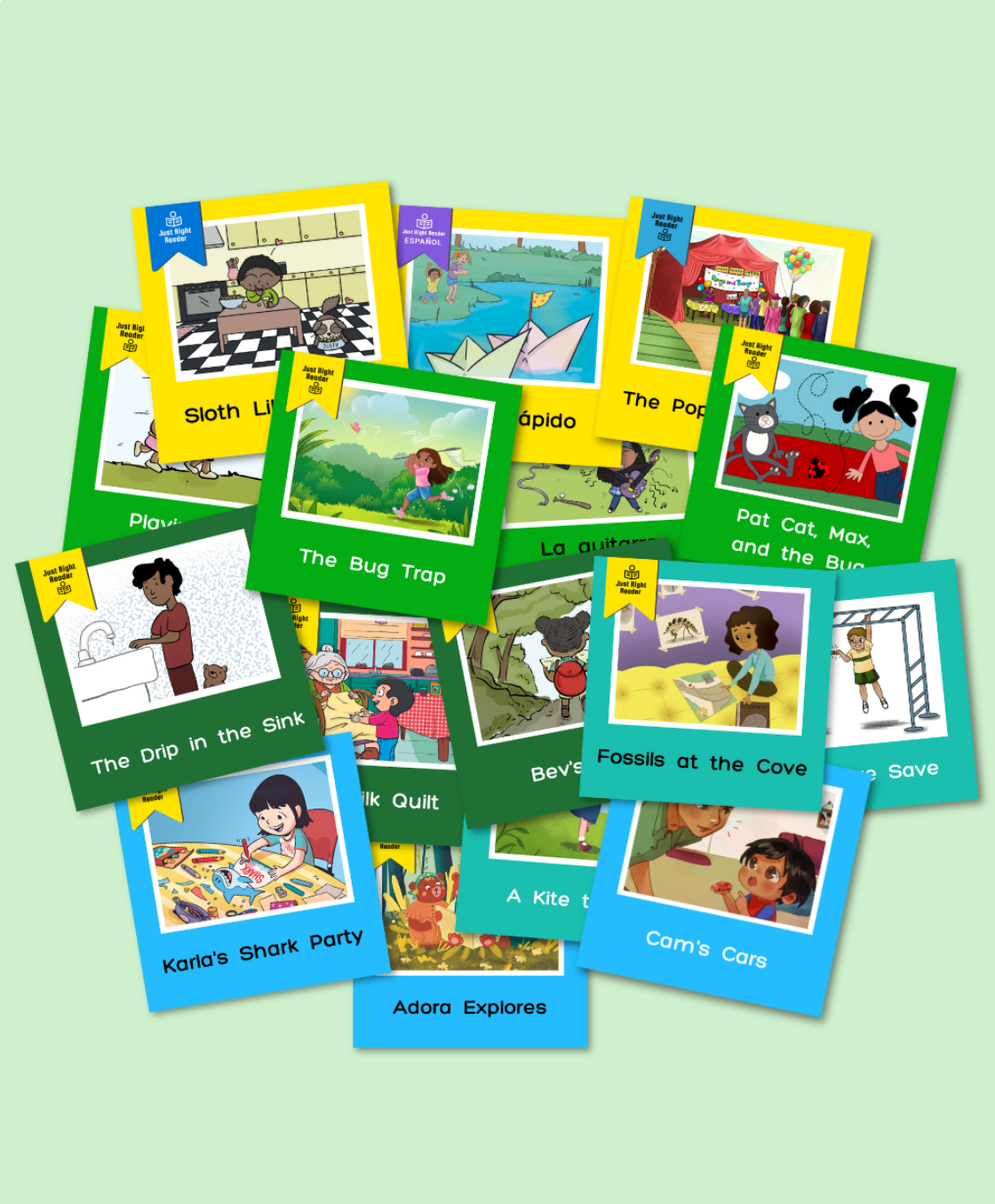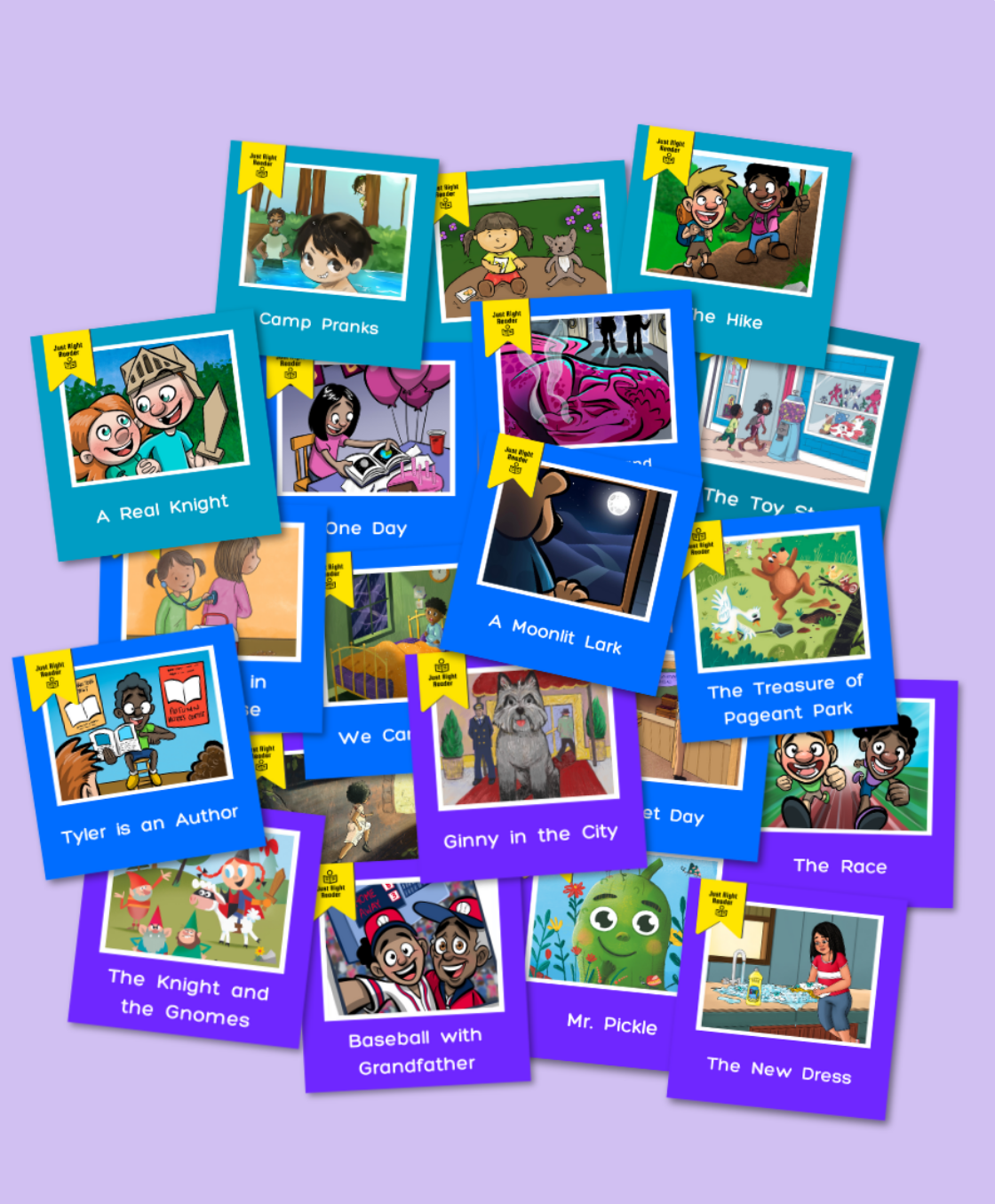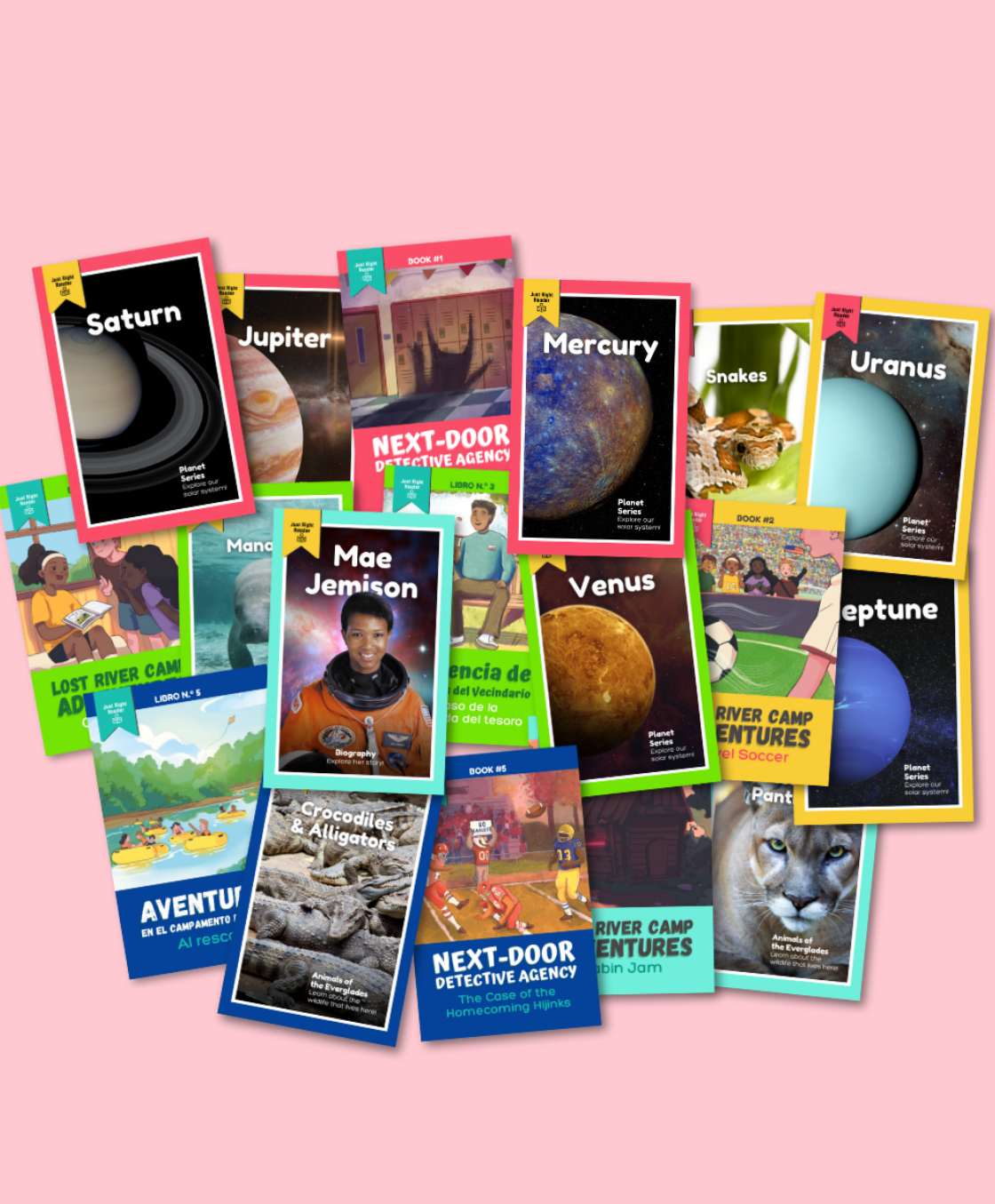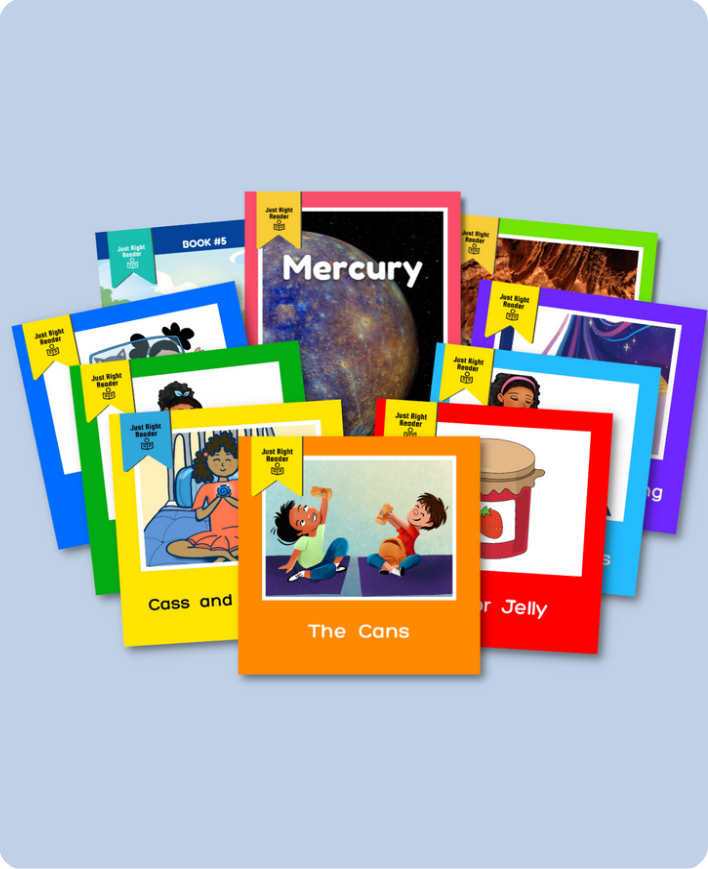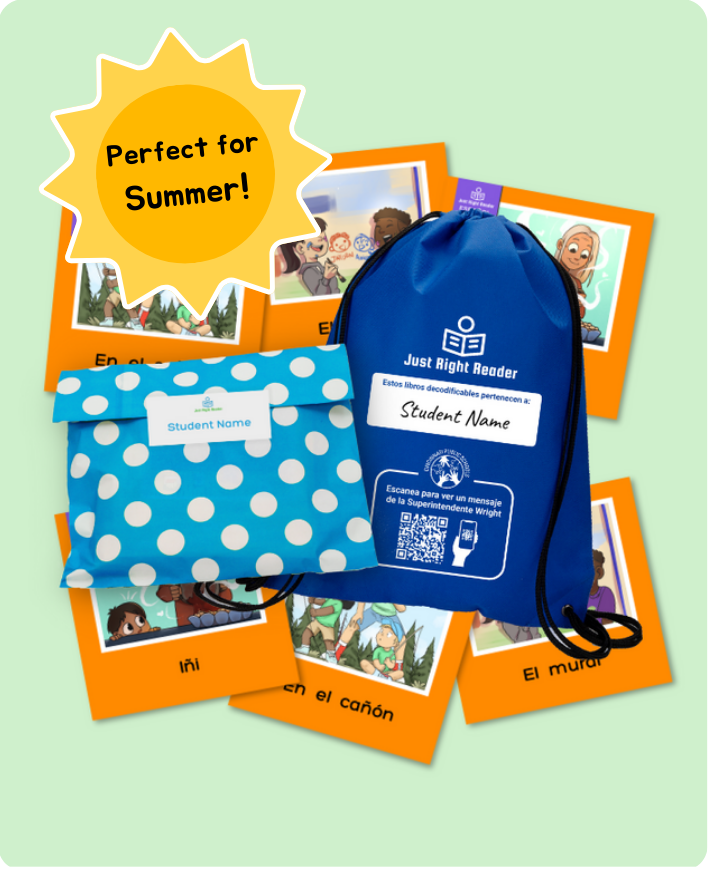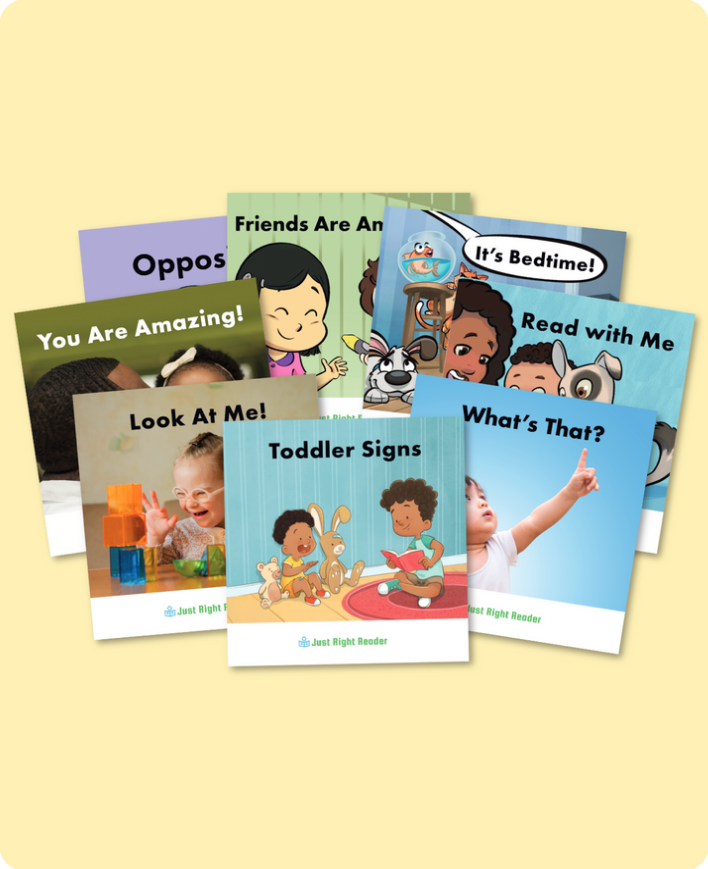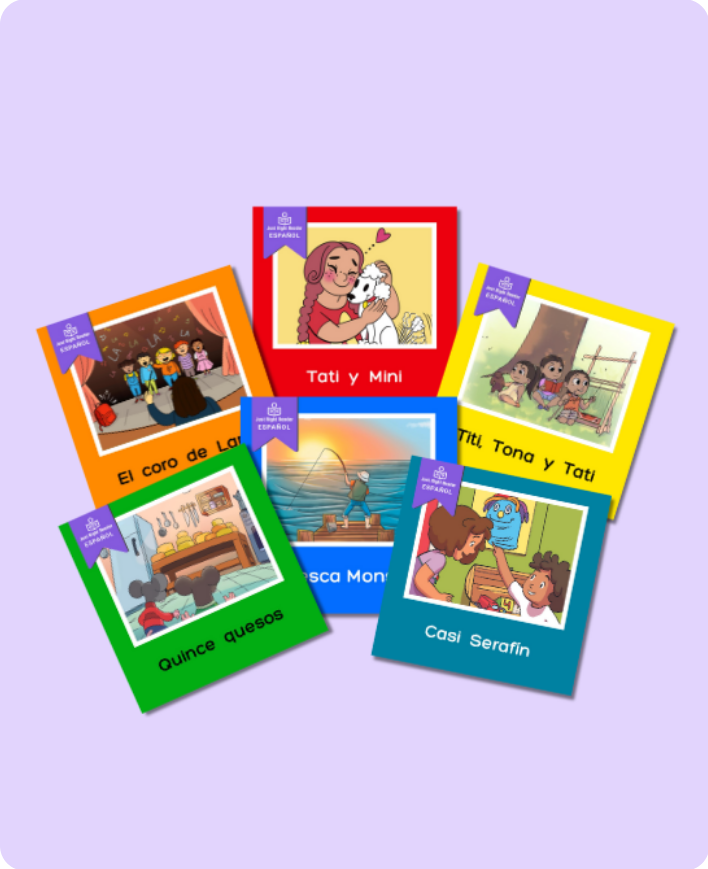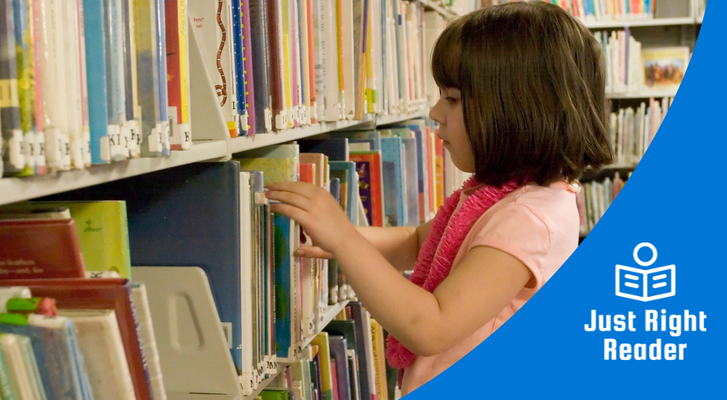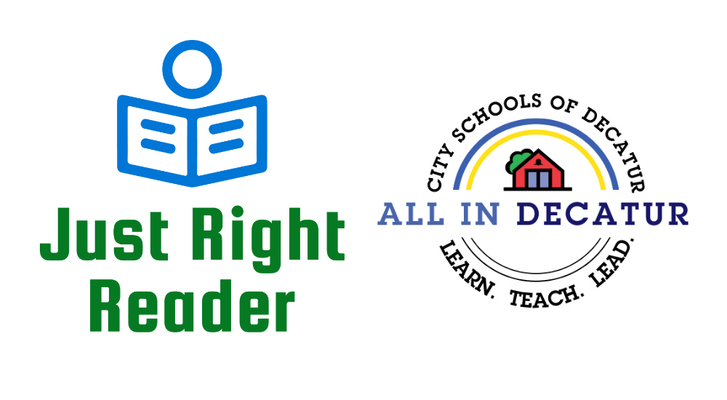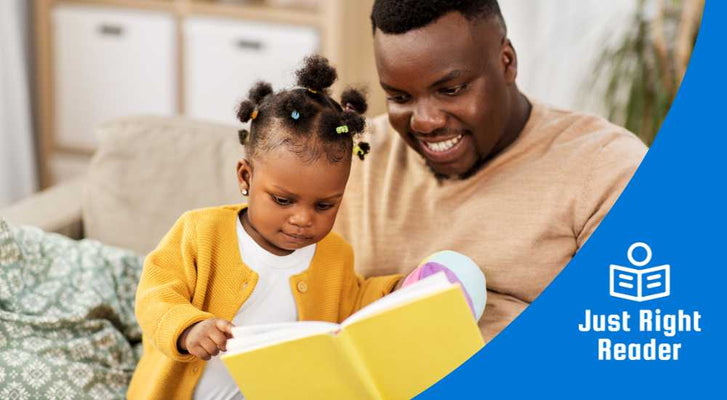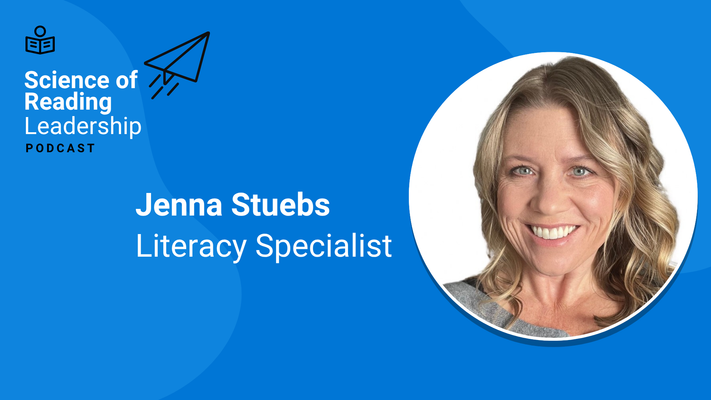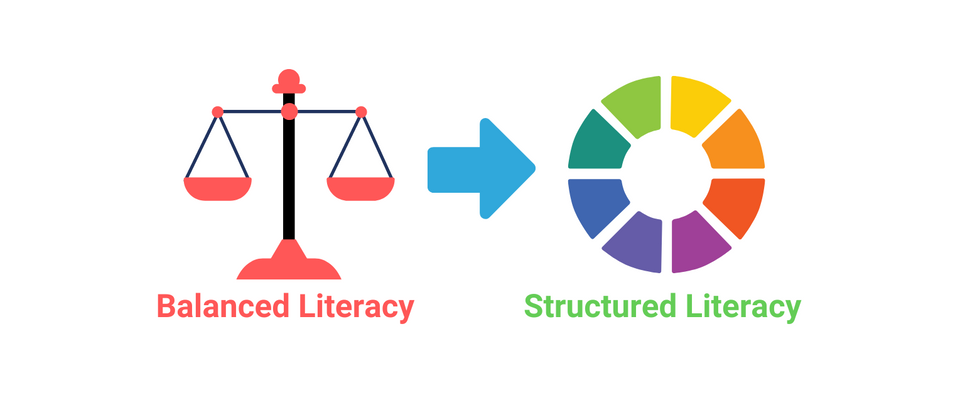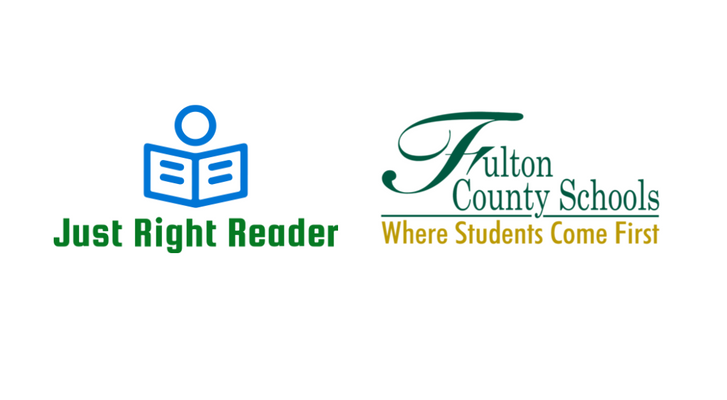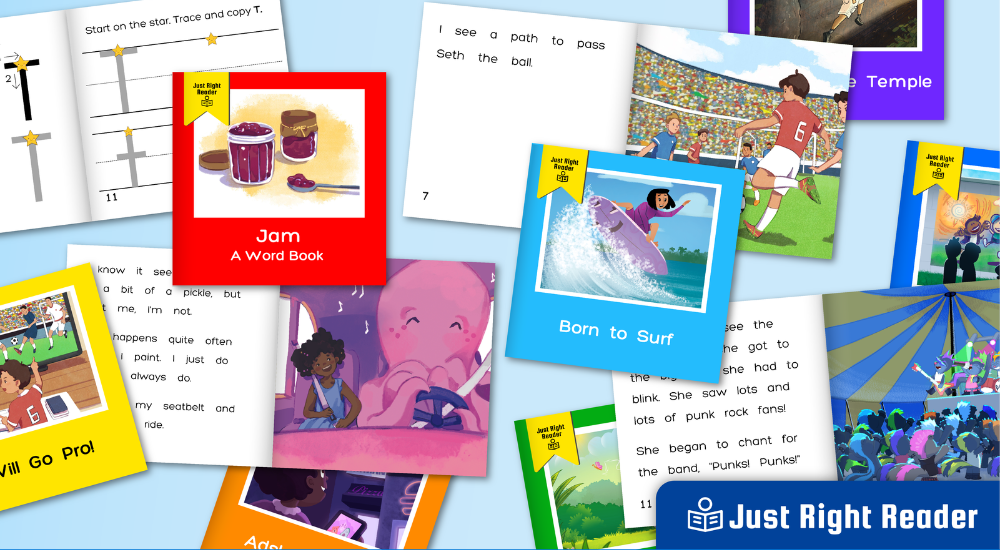
Decodable books, or decodable readers, are crucial in supporting beginning readers. They boost reading confidence and achievement by providing structured practice of the phonics skills they’re learning in class—within the context of engaging and colorful stories.
If you're a district leader, educator, or parent, you may wonder… What are decodables? How should we use them? Why? Here's your guide to using them.
What are decodable books?
Decodable books are written to focus on a particular letter-sound relationship. A student learning the ‘oo’ vowel team practices by reading a decodable focused on ‘oo’ words. High-quality decodables containonly the phonetic code and high frequency words that students have already learned, so that the texts are truly decodable for beginning readers.
This targeted practice is centered around what the student is currently learning or reviewing. That way, students are getting many opportunities to practice their developing literacy skills, which research shows is a critical component of reading success.

The decodable, Brad's Dogs, targets the beginning R blends. Click here to read Brad's Dogs.
It is important to note that decodable books are not the same as leveled readers. Our article, Decodable Books vs Leveled Readers: What You Need to Know, explains the difference.
Why do we use decodable books?
When learning a new skill, practice is key. Students need guided practice in reading words not only in isolation but in connected text. Using decodable readers, learners repeatedly practice what they just learned in an authentic and meaningful way.
Decodable books take phonics instruction to the next level by reinforcing the habit of looking at a word and not guessing, but figuring out what it is, and then checking to see if it makes sense (Paulson, 2023).
They are also important because they give readers a place to experience the joy of decoding a word for the first time (Messmer, 2023). They help build the confidence needed to become a lifelong reader.
Learn more about why decodable books are a powerful tool for teaching reading:
Dr. Heidi Messmer, Professor of Literacy Education at Virginia Tech [0:30]
Dr. Ray Ruetzel, Senior Research Fellow at the Center for the School of the Future [1:04]
When do we use decodable books?
Decodable books can be used throughout daily instruction!
- During or after a new phonics lesson
- In small groups or independent practice
- To review previously taught skills
- At home for extra reinforcement
How do we use decodable books?
Handing students random decodable books during guided or independent reading won’t do the trick. We have to be strategic if we want them to fully reap the benefits of applying their decoding knowledge to a real text.
Dr. Ray Ruetzel, Senior Research Fellow at the Center of the School of the Future, provides a concise list of what to do (and not do) when using decodable books with students:


For additional instructional strategies, be sure to read Dr. Mesmer's article which reveals her top ten ways to use decodable books and four strategies to avoid.
What makes Just Right Reader Decodables special?
“When children have a diet of high-quality decodable texts, they will read more accurately and fluently because they have been given the opportunity to do that.” - Dr. Heidi Messmer, Professor of Literacy Education at Virginia Tech
With extensive Classroom Libraries and Take-Everywhere Literacy Packs, students have many opportunities to practice their decoding skills in engaging, connected text, which allows them to become strong readers.

Our Phonics Program features:
- An extensive library of 1,000+ titles
- Ready-to-use lesson plans and resources for teachers
- Engaging stories with relatable characters
- Evidence-based, rigorous phonics scope and sequence that aligns to all phonics programs and curriculums
- QR codes that link to memorable video lessons in 14+ languages
-
Family-friendly resources to support reading at home
See why Dr. Heidi Messmer loves Just Right Reader Decodables:
Dr. Heidi Messmer, Professor of Literacy Education at Virginia Tech [02:18]
References
Messmer, Heidi, Professor of Literacy Education at Virginia Tech
Interview with Just Right Reader, 2023.
Paulson, Lucy Hart, LETRS Co-author
Webinar on The Most Important Science of Reading Early Literacy Practices for Districts, May 2, 2023.
Dr. Ruetzel, Ray. Senior Research Fellow at The Center for The School of the Future Symposium on The Science Behind Early Reading Acquisition, June 20, 2023.
Dr. Tortorelli, Laura. Associate Professor at Michigan State University
Symposium on Why Phonics Instruction Alone Isn’t Enough, June 27, 2023.
